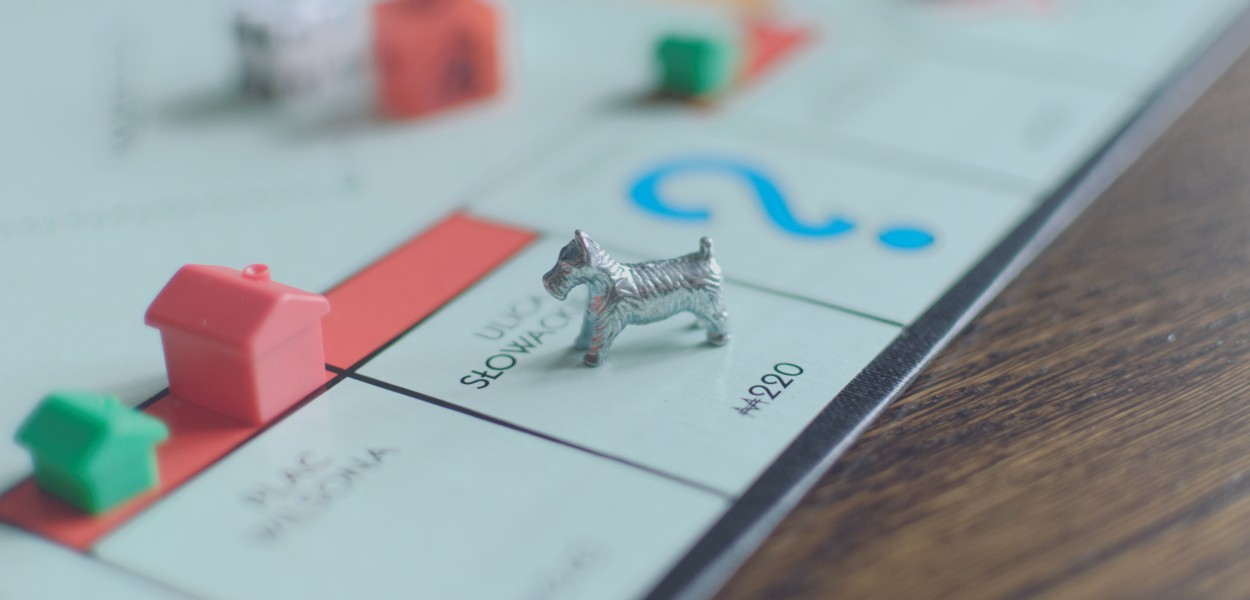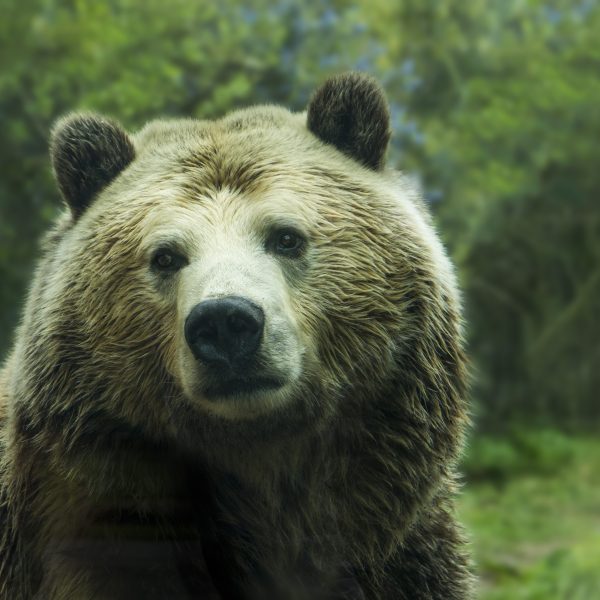When’s the last time you felt playful? I’m talking about really and truly losing yourself in a great game. Maybe tennis or team sports are your thing. Maybe you play a great game of let’s pretend ‘house’ or ‘school’ with some little people in your life. Lego? Board games? We all need some playfulness in our life.
My grandmother is a great example. She’s a 92-year-old, diminutive firecracker of a woman who has always had a great sense of playfulness and isn’t afraid to look silly. In appearance and attitude, my Gram is pretty much a dead ringer for this lovely lady, Ria. She’s ben an amazing model my whole life of looking on the bright side and never whining or complaining. Decades ago, she & my grandfather lived in a rural area that never had any trick or treaters on Halloween. But she was still prepared – just in case – with a bowlful of candy bars and a jar of pennies for Unicef. One year she secretly donned a costume, slipped out the back door, & rang the front doorbell. My grandfather hollered for her to answer the door and eventually hoisted himself up from his cozy chair to begrudgingly greet the trick-or-treater. It was only after he shoved a handful of candy in her bag, and she broke out in laughter, that he realized it was not a cute kid in a costume, but his own wife.
Play in any form is a great way to reduce anxiety and have a break from ruminating worries. But there is one game that is neither fun nor productive and is almost certain to amplify anxiety.
The “what if” game.
What if I go to the party and no one talks to me….
What if I give the presentation and I look stupid….
What if I host the dinner party and it’s a complete flop….
The what if game is almost always built around negative scenarios, the things we DON’T want to happen. Another feature of this game is that it is future based. It is wholly built around fears that may (or may not) occur a day, a month, or even years in the future. At the Nook my clients know I have two rules about the What If game.
Rule No. One
If we’re going to play it, we play right through to the conclusion. This means that you answer the “what if” scenario. What if you go to the party and no one talks to you? Create a plan in advance & have some great conversation starters up your sleeve so you can approach people and start a conversation. What if the dinner party is a flop? Then you clean up after everyone leaves, go to bed, and plan ways to make the next dinner party a success.
Rule No. Two
We also play it with the desired outcome. What if you give the presentation and everyone raves about your ideas and performance? What if the dinner party is such a hit that people stay hours later than anticipated and laugh until their sides hurt? Plan for what you would like to happen in the “what if” scenario.
What if the awful “what if” doesn’t come to pass? As it turns out, it rarely does. But there’s been countless minutes (or days or months) spent worrying, stealing your attention away from the present moment.
For clients with anxiety, a typical scenario goes something like this: Lucy comes in worried about an upcoming girls weekend away. In the past there’s been bickering and hurt feelings and drama. Lucy hates conflict and tension and is tightly wound with fears for the getaway. What if there’s wine fueled shouting matches or sullen sulking? What if the group takes sides and someone feels judged? What if…? What if….? What if… ? To manage Lucy’s anxiety, we devise a plan for the different scenarios, and review setting and respecting boundaries. Off she goes for the girls’ weekend. Two weeks later, Lucy returns for a session to discuss a potential problem at work. When I inquire about the girls’ weekend she waves her hand and says, “Oh ya. It was great. We all had a fabulous time. There was no conflict or drama.”. She had already moved on to the next round of what if.
The best antidote I know of for combatting the “what ifs” is staying present. I’m not talking about the practice of mindful meditation and tuning the world out (although that has abundant benefits). I’m talking about going through your days and noticing what’s around you. Being fully in the moment. For most of us, the skill of staying present in our day to day functioning takes a long time to master. But we can all do it for pockets of time. Like when we’re engrossed in a great film or taking a picture, when we’re engaged in a heartfelt conversation or giving it our all on a sports field.
Shifting our focus to the present doesn’t need to be arduous or painful, it can actually feel great. My daughter Ella was lucky to have photography lessons in a camera club at school by the great photographer, Jenny Blaauw. Jenny taught the kids to see things differently, to look for details in ways that would enhance their work. Five kids could take a photo of a bicycle and all five photos would be very different, depending on what they focused on. It helped me to see the school differently, details that I had passed by almost daily for six years without noticing.
Young kids are naturally amazing at staying in the present moment, focusing on nothing but the sandbox or storybook right before them. Later on, as they grow older and develop cognitively, they can also wander to future thoughts, not necessarily in a negative way. I frequently field questions from my kids in March about what they’ll be at Halloween, or about their birthdays five months in advance. When life gets particularly crazy and I’m in the midst of a task I’ll say to my kids, “If it’s not happening in the next 10 minutes I can’t think about it”.
With some shifts and tweaks, we can all become better at living in the moment. Being more playful, and cutting out the “what ifs”. If you’re going to play the game, please follow the rules.
There is freedom waiting for you,
On the breezes of the sky,
And you ask “what if I fall?”
Oh but my darling,
What if you fly?
– Erin Hanson





